Home>Home Appliances>Laundry Appliances>How Many Watts Does A Washing Machine Use


Laundry Appliances
How Many Watts Does A Washing Machine Use
Published: February 22, 2024
Discover the energy usage of laundry appliances. Learn how many watts a washing machine uses and how to optimize energy efficiency. Explore laundry appliance power consumption.
(Many of the links in this article redirect to a specific reviewed product. Your purchase of these products through affiliate links helps to generate commission for Storables.com, at no extra cost. Learn more)
Introduction
Washing machines are indispensable appliances in modern households, simplifying the arduous task of laundry. As we rely on these machines to keep our clothes clean and fresh, it's essential to understand their power consumption. The wattage of a washing machine is a crucial factor to consider, as it directly impacts energy usage and, consequently, electricity bills. By delving into the intricacies of washing machine power consumption, we can gain valuable insights into optimizing energy efficiency and reducing environmental impact.
Understanding the power consumption of washing machines involves exploring various facets, such as the factors influencing energy usage, the significance of energy-efficient models, and practical tips for minimizing power consumption. This comprehensive exploration will empower consumers to make informed decisions when purchasing, operating, and maintaining their washing machines.
By shedding light on the intricacies of washing machine power consumption, this article aims to equip readers with the knowledge to make conscientious choices that benefit both their households and the environment. Let's embark on this enlightening journey to unravel the mysteries of washing machine wattage and its implications for energy efficiency.
Key Takeaways:
- Washing machines consume varying amounts of energy, influenced by factors like size, type, and features. Understanding these factors empowers consumers to make energy-efficient choices and reduce electricity bills.
- Energy-efficient washing machines optimize water usage, incorporate advanced cleaning technologies, and offer cost-saving benefits. By choosing these models and implementing simple tips, consumers can minimize energy consumption and contribute to environmental sustainability.
Read more: How Many Watts Does An Espresso Machine Use
Understanding Washing Machine Power Consumption
Washing machine power consumption refers to the amount of electrical energy utilized by a washing machine during its operation. This energy usage is measured in watts, which indicates the rate of energy consumption per unit of time. Understanding the power consumption of a washing machine is essential for several reasons, including managing electricity costs, promoting energy efficiency, and minimizing environmental impact.
The power consumption of a washing machine varies depending on several factors, such as the machine's size, type, and specific features. Typically, the power usage of a standard washing machine ranges from 400 to 1300 watts during a regular washing cycle. Front-loading machines generally consume less power compared to top-loading models, as they use less water and require shorter wash cycles. Additionally, the temperature settings and additional features, such as built-in heaters and advanced washing modes, can influence the overall power consumption of a washing machine.
It's important to note that the power consumption of a washing machine is not constant throughout the entire washing process. The energy usage fluctuates during different stages, such as filling with water, agitating the clothes, spinning, and draining. Understanding these fluctuations can provide valuable insights into optimizing energy efficiency and reducing power consumption.
Moreover, the power consumption of a washing machine directly impacts household electricity bills. By comprehending the energy requirements of the appliance, consumers can make informed decisions about when and how often to use the washing machine, as well as how to select energy-efficient models that align with their specific needs.
In essence, understanding washing machine power consumption empowers consumers to make conscious choices that contribute to energy conservation and cost savings. By gaining insights into the intricacies of power usage, individuals can take proactive measures to minimize their environmental footprint while enjoying the convenience of modern laundry appliances.
Factors Affecting Washing Machine Power Usage
Several factors play a pivotal role in determining the power usage of a washing machine. Understanding these influential elements is crucial for optimizing energy efficiency and making informed decisions when selecting, operating, and maintaining a washing machine.
-
Machine Type and Size: The type and size of a washing machine significantly impact its power consumption. Front-loading machines generally consume less power than their top-loading counterparts. This is attributed to their efficient use of water and shorter wash cycles. Additionally, larger capacity machines may consume more power due to their ability to accommodate larger loads, necessitating increased energy for washing and spinning.
-
Temperature Settings: The temperature at which a washing machine operates can substantially affect its power usage. Washing clothes at higher temperatures, especially with the use of built-in heaters, requires more energy. Opting for lower temperature settings, when suitable, can contribute to reduced power consumption without compromising the cleanliness of the laundry.
-
Wash Cycle Duration: The duration of the wash cycle directly influences the energy consumption of a washing machine. Longer wash cycles typically result in higher power usage. Selecting shorter wash programs, when appropriate, can effectively reduce energy consumption without compromising the quality of the wash.
-
Spin Speed: The spin speed during the final phase of the washing cycle impacts the power usage of the machine. Higher spin speeds may consume more energy but result in better water extraction from the clothes, thereby reducing drying time and energy usage in subsequent processes.
-
Additional Features: Modern washing machines are equipped with various additional features, such as eco-modes, quick wash settings, and delay start options. These features can affect power consumption differently. For instance, eco-modes are designed to minimize energy usage, while quick wash settings may consume less power due to shorter cycle durations.
By considering these factors, consumers can make informed choices to optimize the energy efficiency of their washing machines. Whether it's selecting a machine with suitable capacity and features, adjusting temperature settings, or being mindful of wash cycle durations, understanding the factors influencing power usage empowers individuals to minimize energy consumption and contribute to sustainable living.
Consider purchasing a washing machine with an Energy Star label, as these models are designed to be more energy efficient and can help lower your electricity usage.
Energy-Efficient Washing Machines
Energy-efficient washing machines are designed to minimize power consumption while delivering exceptional cleaning performance. These innovative appliances incorporate advanced technologies and features that prioritize energy conservation without compromising the quality of the wash. By harnessing cutting-edge engineering and sustainable design principles, energy-efficient washing machines offer numerous benefits for both consumers and the environment.
One of the key features of energy-efficient washing machines is their ability to optimize water usage. These appliances are engineered to utilize water more efficiently, ensuring that the appropriate amount of water is used for each load without unnecessary wastage. By incorporating sensors and advanced water management systems, energy-efficient washing machines can adapt the water level based on the size and type of the load, thereby reducing water consumption and the associated energy required for heating and pumping water.
Furthermore, energy-efficient washing machines often integrate innovative washing technologies that enhance cleaning performance while minimizing energy usage. For instance, some models utilize advanced wash motion techniques, such as tumbling and cascading, to effectively clean clothes with reduced energy input. Additionally, these machines may feature improved drum designs and optimized detergent dispensing systems to ensure thorough cleaning while conserving energy and resources.
Another hallmark of energy-efficient washing machines is their focus on temperature management. These appliances are equipped with precise temperature control mechanisms that enable users to select lower temperature settings for various wash programs. By washing clothes at lower temperatures, energy-efficient machines can significantly reduce power consumption while still achieving excellent cleaning results. Additionally, some models incorporate built-in heaters that utilize energy more efficiently, further contributing to overall energy savings.
Moreover, energy-efficient washing machines often bear energy efficiency labels or certifications, such as ENERGY STAR ratings, to signify their superior energy performance. These designations provide consumers with valuable information about the appliance's energy efficiency, enabling them to make informed purchasing decisions that align with their sustainability goals.
In essence, energy-efficient washing machines represent a significant advancement in the realm of laundry appliances, offering a harmonious blend of superior cleaning capabilities and reduced energy consumption. By embracing these innovative machines, consumers can contribute to energy conservation efforts while enjoying the convenience and effectiveness of modern laundry technology.
Tips for Reducing Washing Machine Power Consumption
-
Opt for Full Loads: Whenever possible, maximize the capacity of your washing machine by washing full loads. Running the machine with smaller loads than its capacity not only underutilizes its efficiency but also leads to unnecessary energy consumption.
-
Select Energy-Efficient Models: When purchasing a new washing machine, prioritize energy-efficient models with high ENERGY STAR ratings. These machines are designed to optimize energy usage, resulting in significant long-term cost savings and reduced environmental impact.
-
Utilize Eco-Friendly Wash Programs: Many modern washing machines offer eco-friendly wash programs specifically designed to minimize energy and water consumption. By utilizing these settings, you can effectively reduce the power usage of your machine without compromising the cleanliness of your laundry.
-
Adjust Temperature Settings: When feasible, opt for lower temperature settings during the wash cycle. Washing clothes at lower temperatures not only conserves energy but also helps preserve the quality of delicate fabrics, making it a win-win choice for both energy efficiency and garment care.
-
Regular Maintenance: Keep your washing machine well-maintained to ensure optimal performance and energy efficiency. Regularly clean the detergent dispenser, door seal, and lint filter to prevent obstructions that can lead to increased energy consumption.
-
Consider Quick Wash Cycles: For lightly soiled loads, consider using quick wash cycles that require less time and energy. These cycles are designed to efficiently clean smaller loads with reduced power usage, making them a convenient option for time-sensitive laundry needs.
-
Maximize Spin Efficiency: Take advantage of the spin cycle to extract more water from your laundry, reducing the time and energy required for subsequent drying. Higher spin speeds can effectively minimize moisture content in the clothes, leading to energy savings during the drying process.
-
Use Delay Start Feature Wisely: If your washing machine is equipped with a delay start feature, strategically utilize it to run the machine during off-peak hours when electricity rates may be lower. This can result in cost savings and reduced strain on the power grid.
By implementing these practical tips, you can effectively reduce the power consumption of your washing machine while maintaining optimal cleaning performance. These simple yet impactful measures not only contribute to energy conservation but also lead to tangible benefits for your household budget and the environment.
Read more: How Many Amps Does A Washer Use
Conclusion
In conclusion, the power consumption of washing machines is a critical aspect that significantly impacts energy usage, electricity bills, and environmental sustainability. By delving into the intricacies of washing machine power consumption, we've gained valuable insights into the factors influencing energy usage, the significance of energy-efficient models, and practical tips for minimizing power consumption.
Understanding the power consumption of washing machines empowers consumers to make informed decisions that align with their energy conservation goals. Factors such as machine type and size, temperature settings, wash cycle duration, spin speed, and additional features play pivotal roles in determining the power usage of a washing machine. By considering these factors, individuals can optimize the energy efficiency of their appliances and contribute to sustainable living practices.
Energy-efficient washing machines represent a remarkable advancement in the realm of laundry appliances, offering superior cleaning capabilities while minimizing energy consumption. These innovative machines incorporate advanced technologies, precise temperature control mechanisms, and optimized water management systems to deliver exceptional cleaning performance with reduced energy usage. By embracing energy-efficient models, consumers can actively participate in energy conservation efforts and reduce their environmental footprint.
Furthermore, practical tips for reducing washing machine power consumption, such as opting for full loads, selecting energy-efficient models, utilizing eco-friendly wash programs, and adjusting temperature settings, provide actionable strategies for minimizing energy usage without compromising cleaning performance. By implementing these measures, individuals can achieve tangible energy savings, contribute to cost reduction, and promote environmental sustainability within their households.
In essence, the power consumption of washing machines is a multifaceted aspect that warrants attention and consideration. By understanding the intricacies of power usage, embracing energy-efficient models, and implementing practical energy-saving measures, consumers can make meaningful contributions to energy conservation and environmental stewardship while enjoying the convenience of modern laundry technology.
Frequently Asked Questions about How Many Watts Does A Washing Machine Use
Was this page helpful?
At Storables.com, we guarantee accurate and reliable information. Our content, validated by Expert Board Contributors, is crafted following stringent Editorial Policies. We're committed to providing you with well-researched, expert-backed insights for all your informational needs.
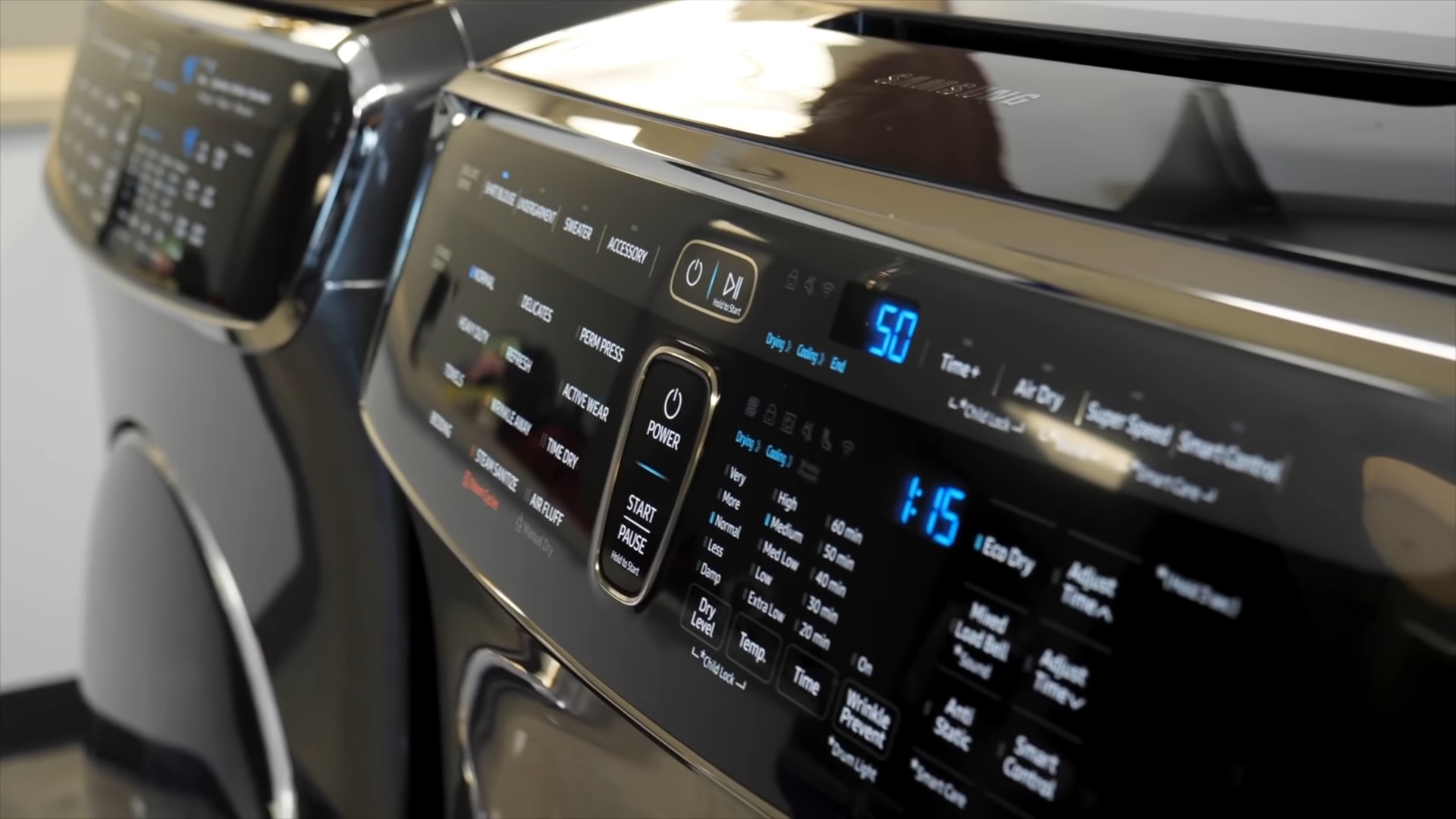

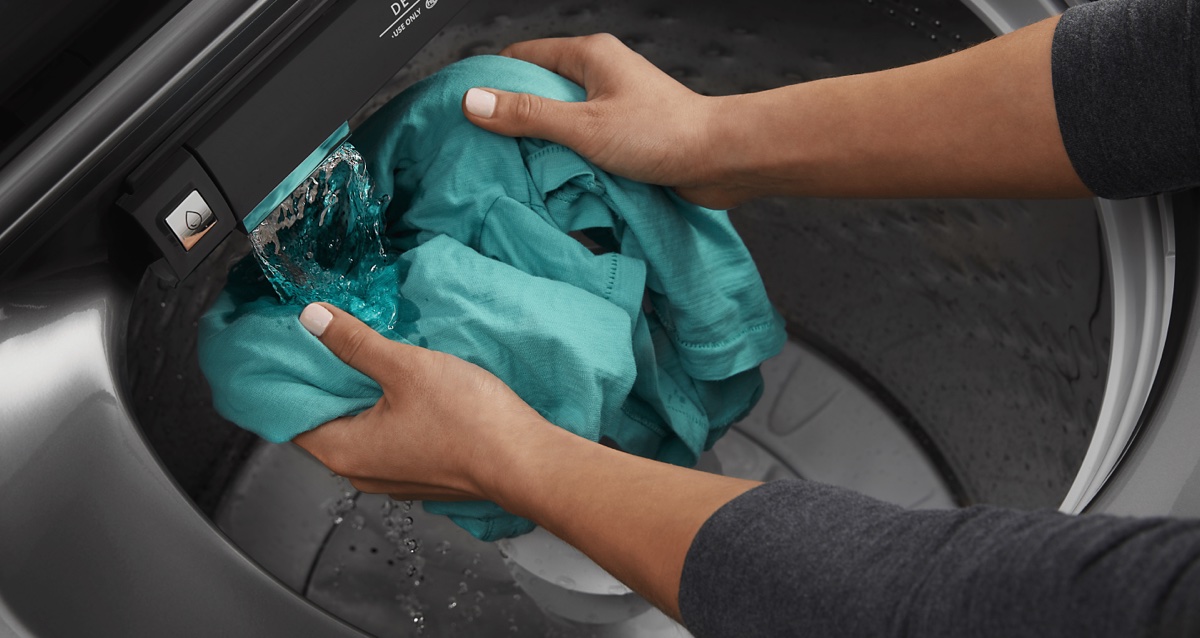
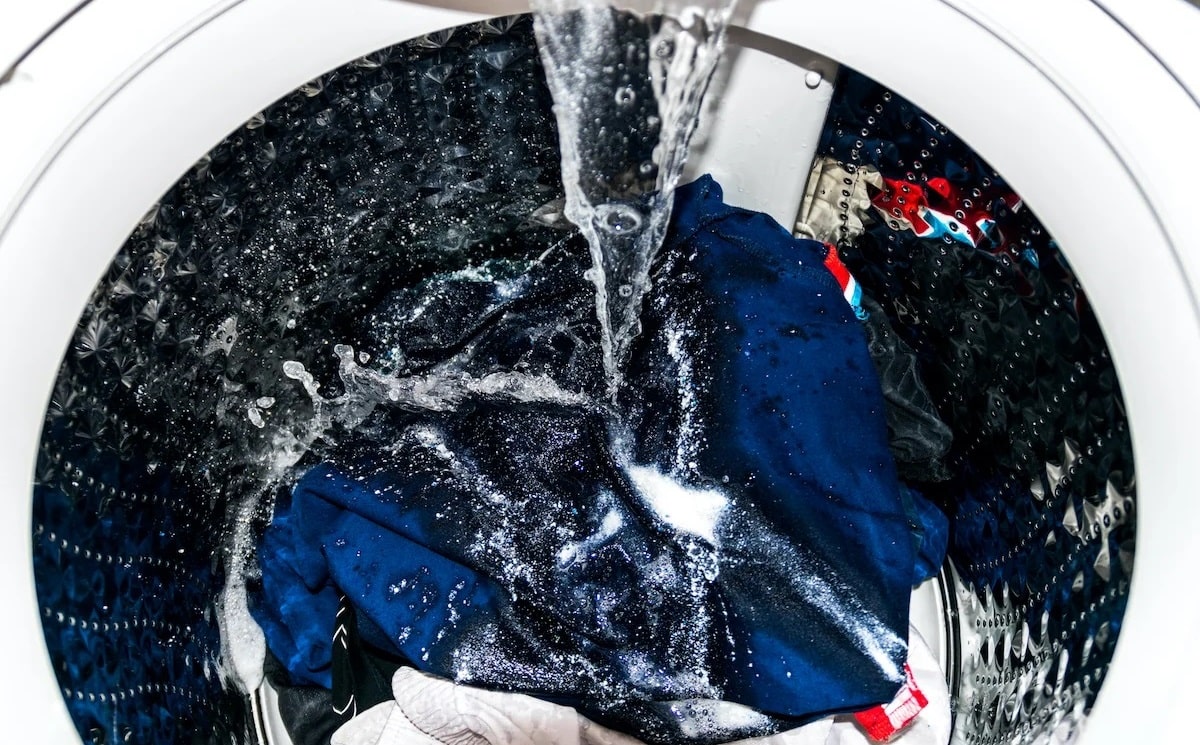
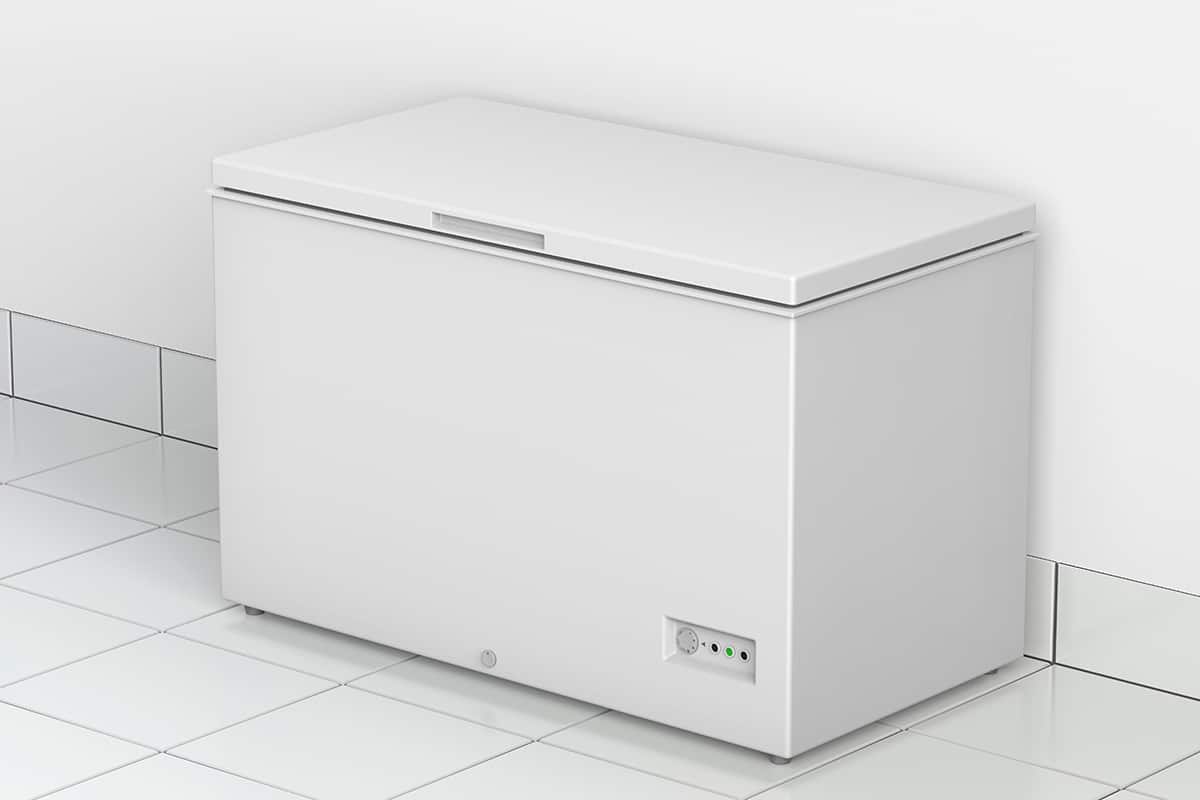

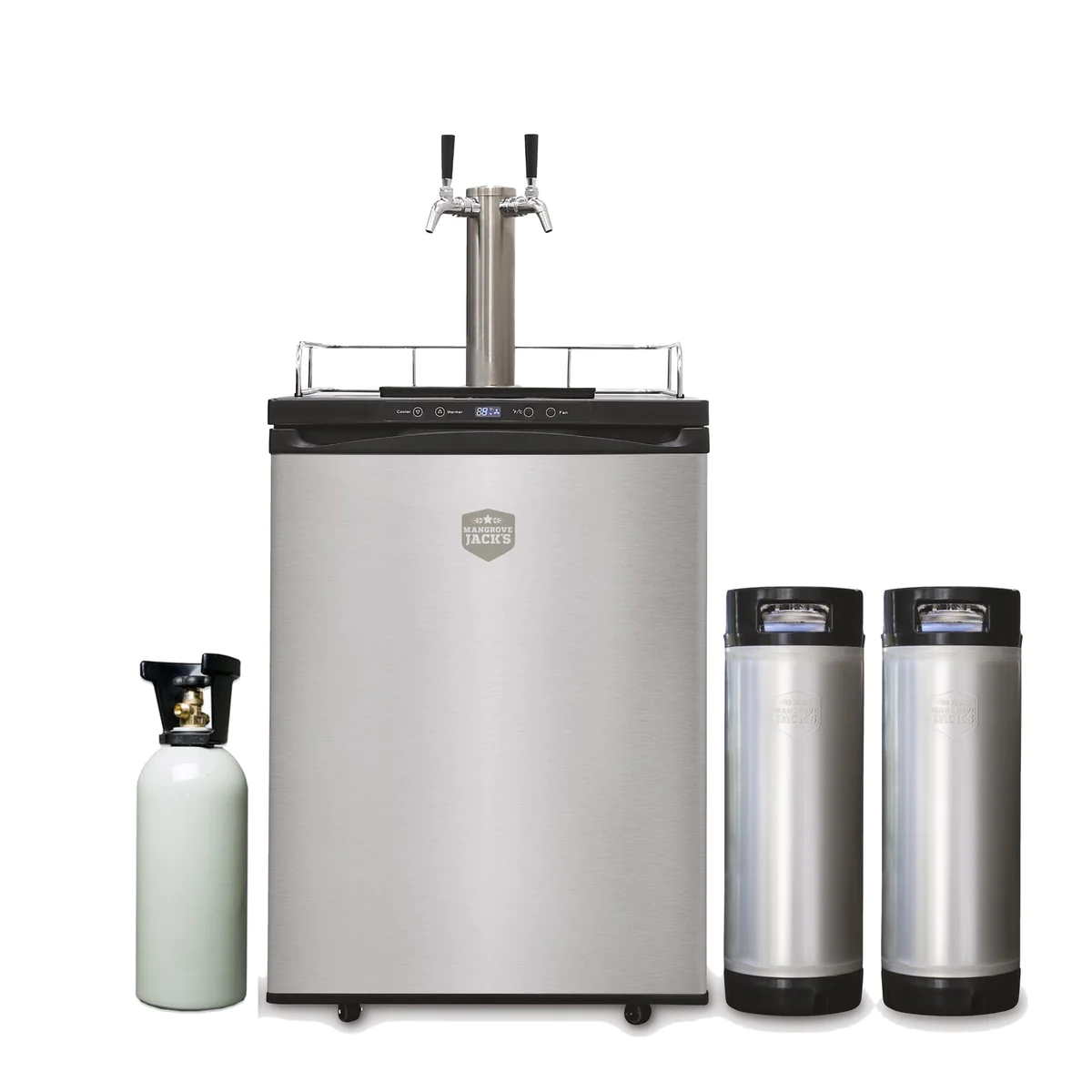
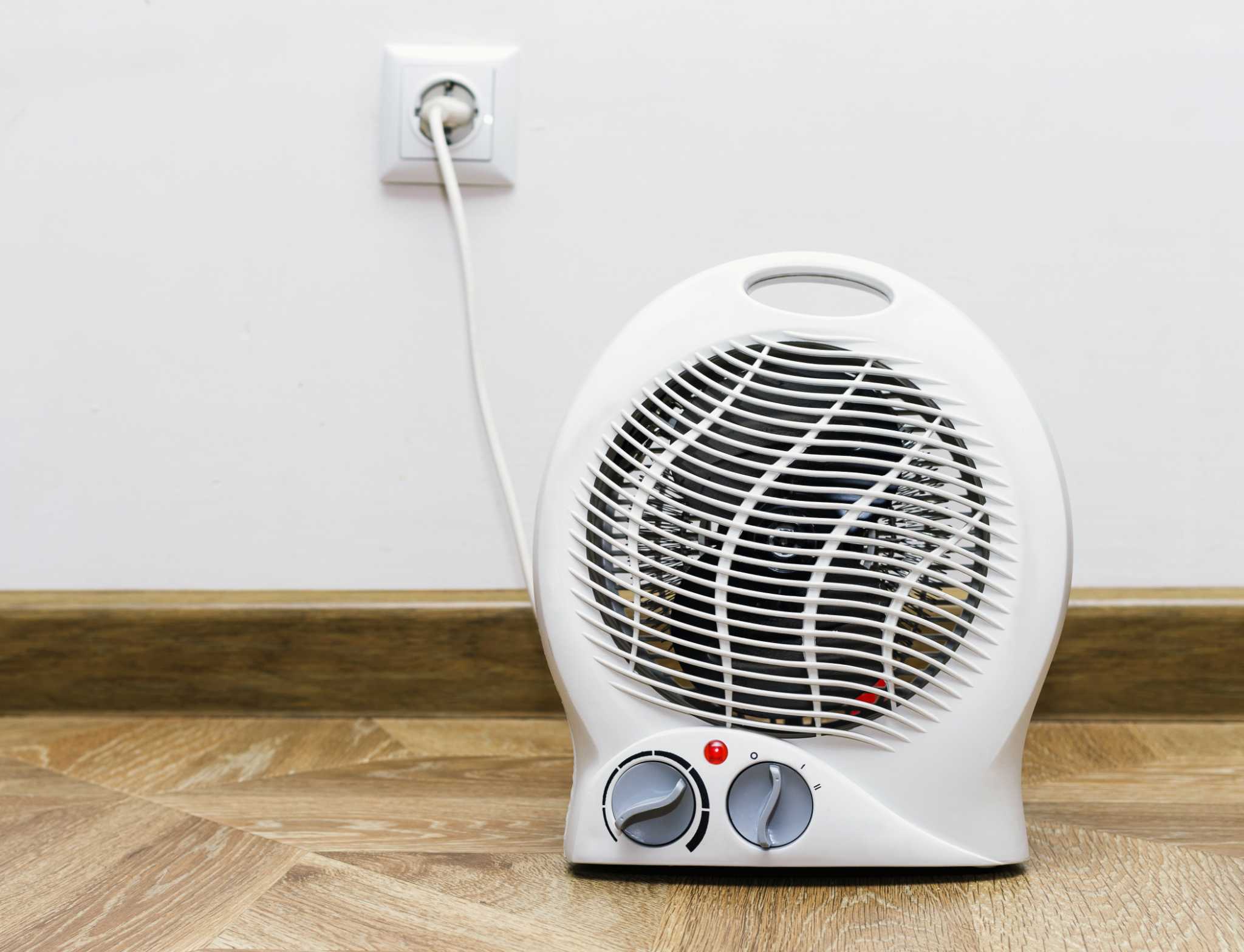
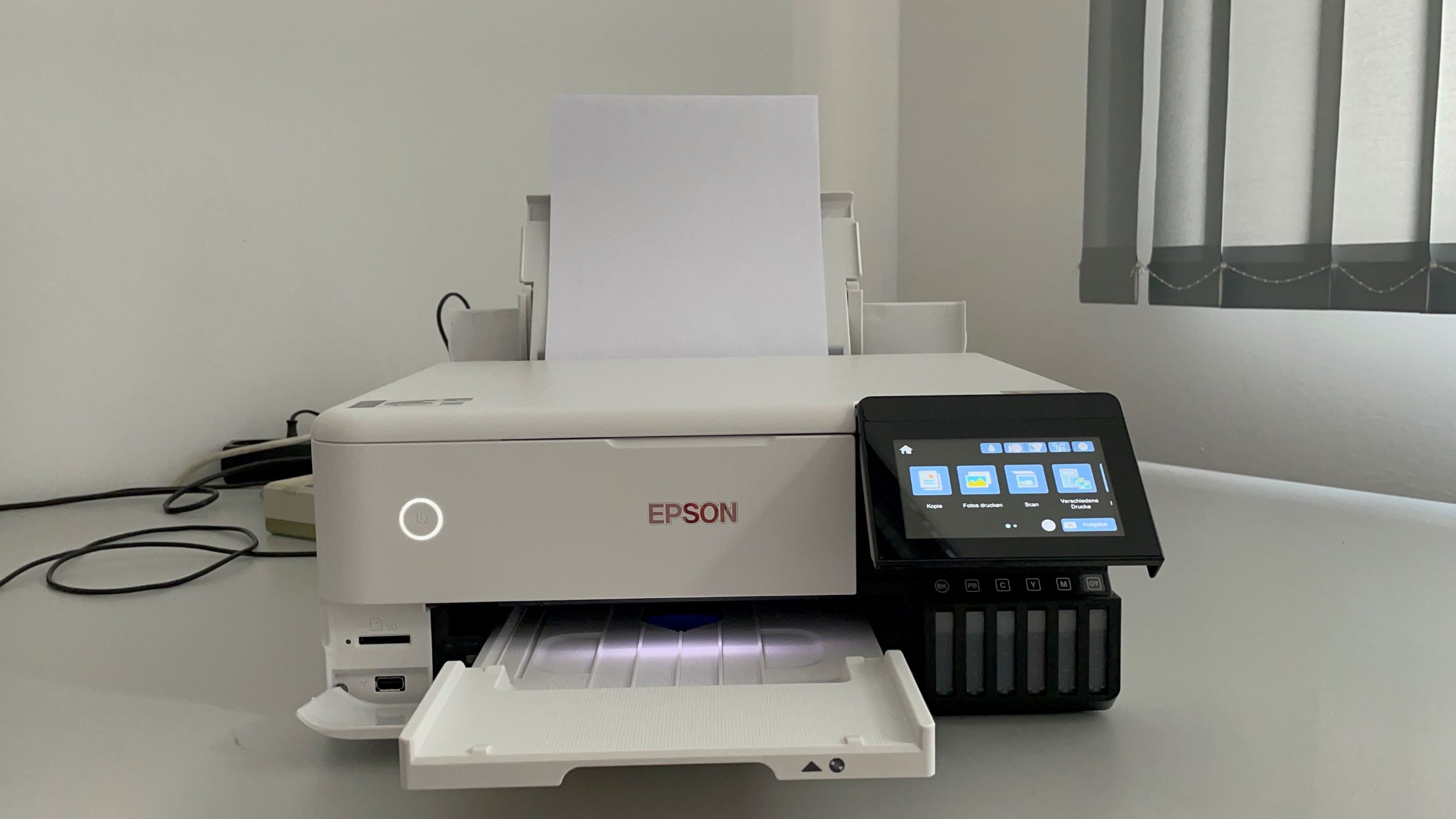

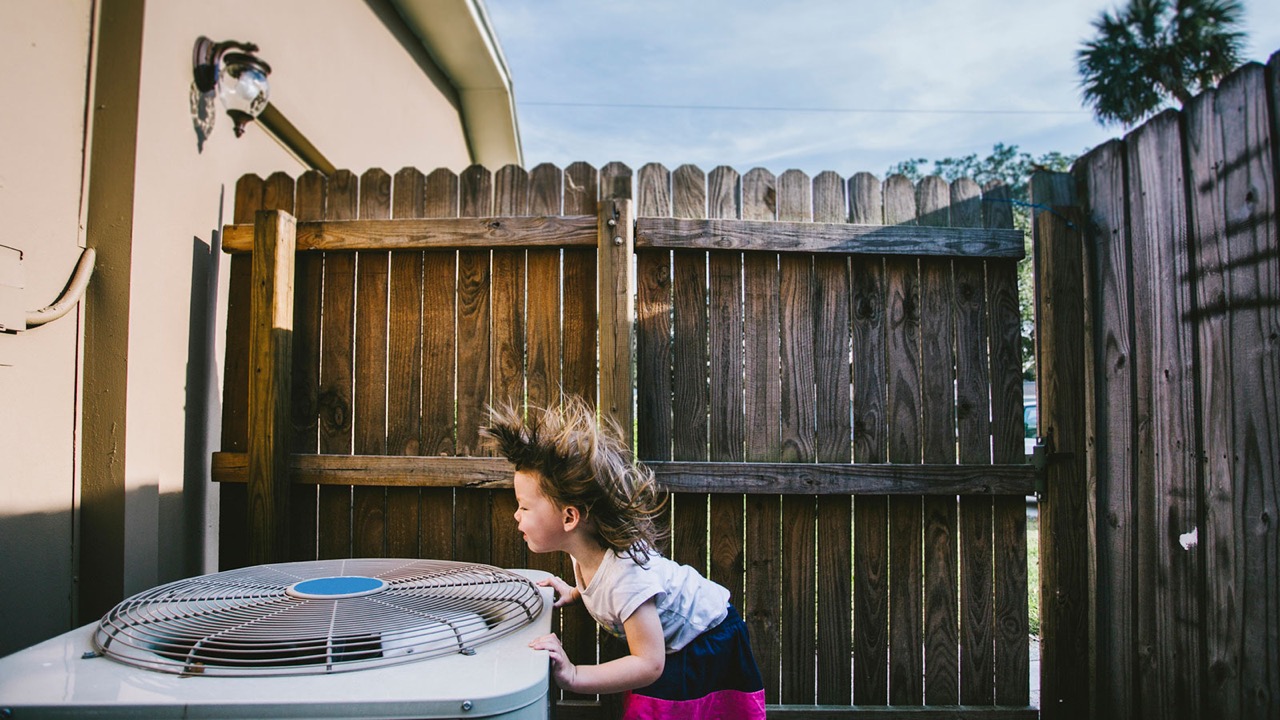
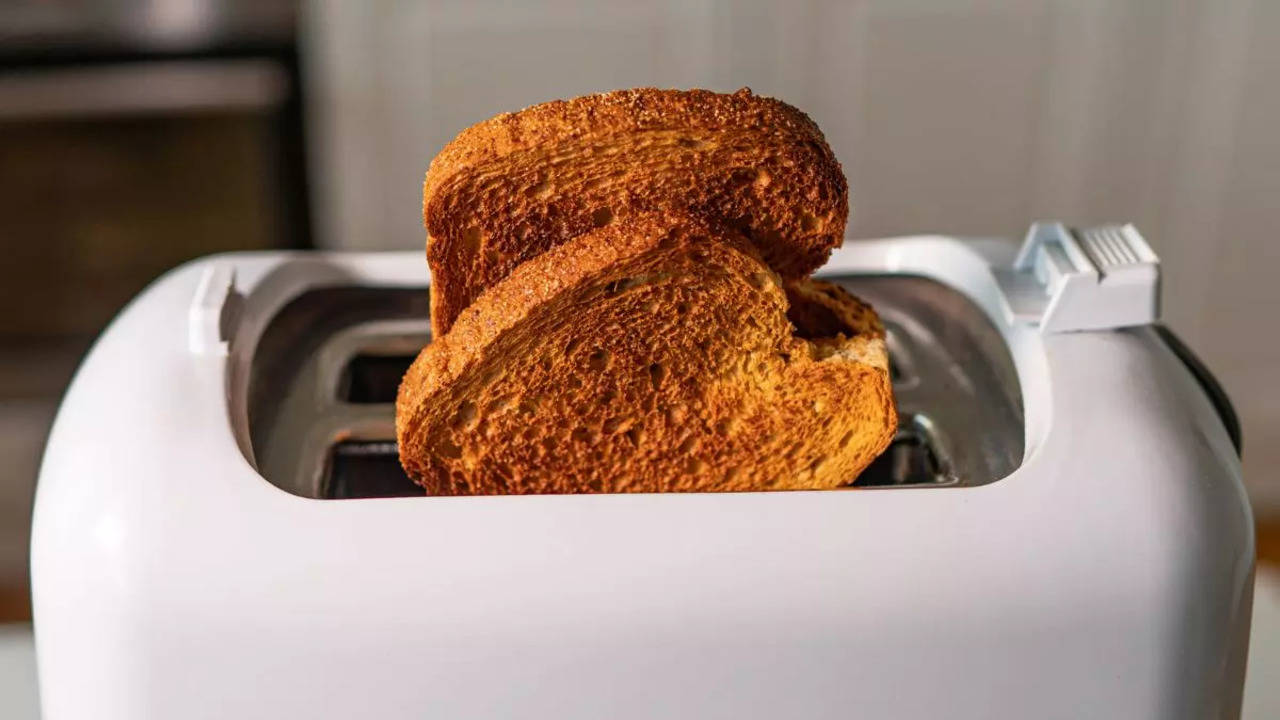
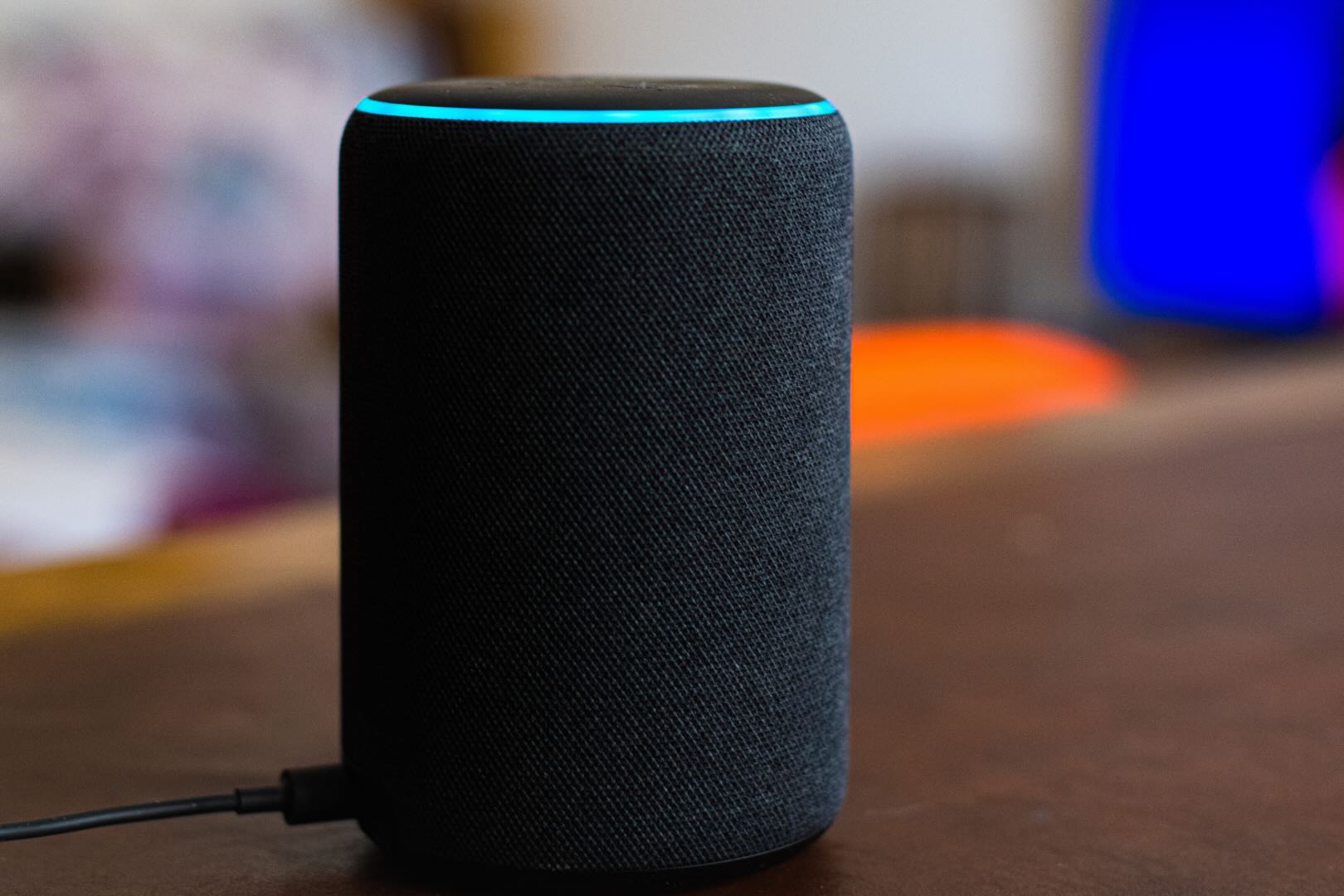
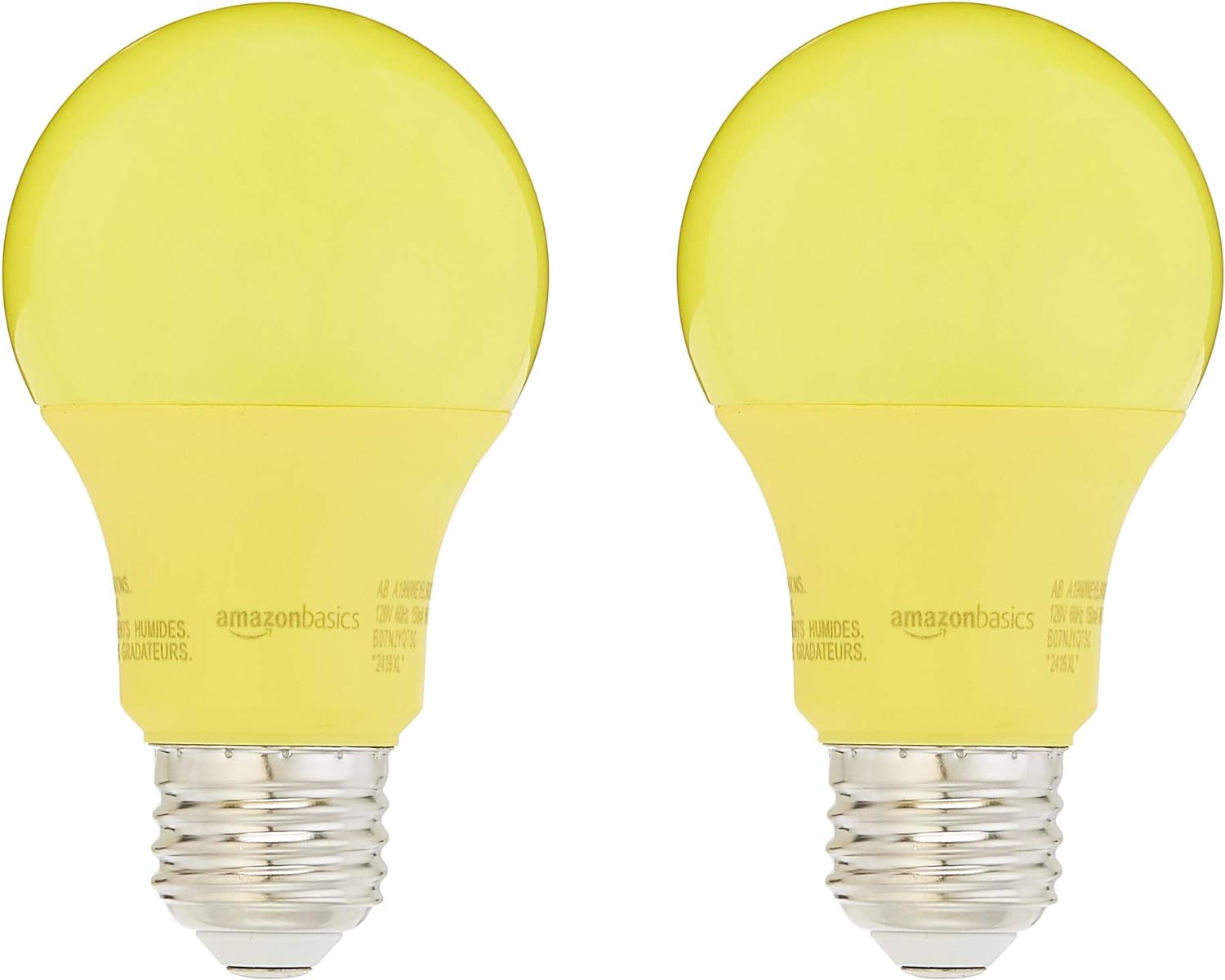

0 thoughts on “How Many Watts Does A Washing Machine Use”